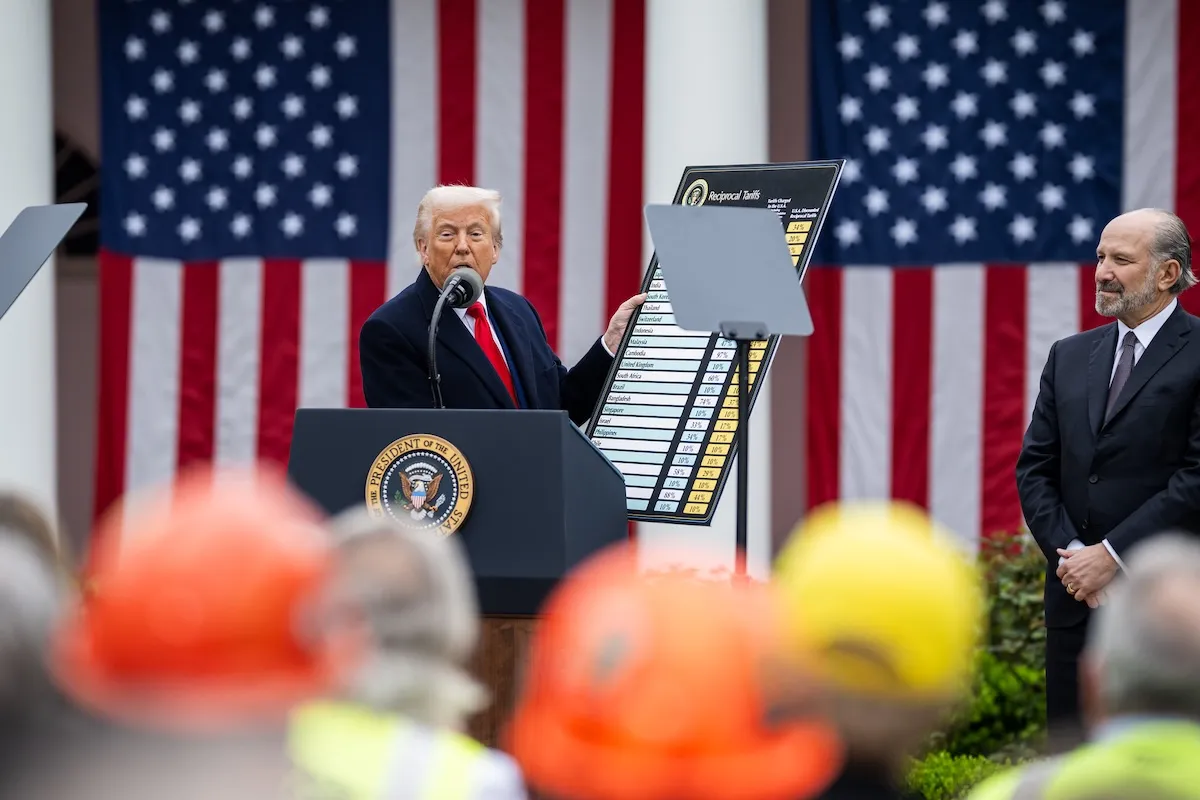The Formula for Making Hybrid Events a Success

Skift Take
Not just coping with, but thriving in the unpredictable mix of virtual, hybrid, and live events was the focus of EventMB’s Event Innovation Lab, a masterclass for corporate and agency planners that was part of IMEX’s Smart Monday education program.
Top of mind for planners re-emerging into the post-pandemic world were event execution, engagement, design, and monetization across multiple channels — and the Event Innovation Lab offered insights on all four key topics. In this installment of our four-part series, we will begin with an introduction on larger event and travel trends, and then move onto tips on event execution from the perspective of both a hotel venue and an event planner.
How Travel and Event Trends Are Pointing to Recovery
The standing-room-only program was kicked off by Rafat Ali, founder and CEO of Skift, EventMB’s parent company. Ali set the stage for the event with his discussion of global trends affecting the event industry, including pent-up demand for travel; an uneven recovery, where some areas of the world would fare better than others; increased human mobility, with many remote workers now open to long-term stays away from home; and advances in technology, particularly in the event industry.
He predicted that the business event industry would come back stronger and faster than might have been expected six months ago, but that it would be forever changed by the confluence of the pandemic and an accelerated timeline for technological innovation.
What Venues Can Do for Better Health & Safety, Hybrid Flexibility, and Wellbeing
Steve Enselein, senior vice president of events for Hyatt, led the discussion around event execution, including how venues could help ease the stress of re-entry into the world of live events for both planners and their attendees. In his presentation, The Future Proof Approach of Staging Live Events, he outlined key strategies for managing health and safety, mastering the logistics of hybrid events, and making wellbeing a priority.
The safety of attendees will continue to be a primary concern for event planners, Enselein said, noting that while in-person events are returning, issues around cleanliness, food safety, staffing shortages, and wellness would remain key to planners.
Hyatt, Enselein said, had interviewed some 500 planners and 95 percent cited the safety of their guests as their chief concern. Enselein shared some of the steps that Hyatt is taking to address these concerns, including the creation of a new hygiene and wellbeing leader position.
Food and beverage (F&B), he said, will move away from shared presentations such as charcuterie boards to smaller, individually plated servings. He urged planners to be transparent with their attendees by communicating any safety protocols well in advance of an event.
Enselein also explained how technology can help to solve some of today’s biggest challenges, such as the many hurdles planners now face when trying to arrange in-person site visits. For this reason, virtual tours have become an increasingly attractive option. Enselein noted that many now report actually feeling more connected to their venue partners thanks to greater use of video chat software for planning purposes.
Venue-enabled event reporting systems, like the one offered through Hyatt’s Planner Portal, can also help to offload some of the logistical burden that event planners now face. In today’s climate of cautious optimism, there is even more demand for tools that facilitate greater transparency around budgetary expenses. Additionally, venues can partner with event tech companies to provide solutions for hybrid event needs, and Hyatt has even worked with the Virtual Events Institute to provide planners with training opportunities.
When addressing other ongoing effects of the pandemic, Enselein suggested that organizers plan their events further in advance to allow for enough time to ensure new logistical challenges are anticipated. Given enough advance planning, venues can often help to find solutions for issues like restaurant shortages and limited valet parking.
Enselein also stressed the importance of incorporating wellbeing into every element of an event — both for attendees and the planners themselves. Stress levels are at an all-time high, and event organizers are at the forefront of those helping to re-establish a sense of human connection.
How to Confront the Lies We Tell Ourselves About Hybrid Events
Courtney Stanley, CEO of Courtney Stanley Consulting, also addressed the execution stage of events with her presentation, Hybrid Events: The Lies We Tell Ourselves. She urged planners not to make assumptions about the needs and wants of their attendees, their staff, or their speakers, particularly as they relate to the virtual or hybrid event experience. The hybrid audience should have their own unique experience around content, even if it’s the same content being presented to an attendee at the live portion of an event.
Rather than outline a straightforward list of best practices, Stanley decided to tackle the stumbling blocks that planners may face when organizing hybrid events. Often, we learn just as much from our failures as from our successes.
"The best way we can support one another during times of challenge and change is to share knowledge. The more we talk about what mistakes we've made and what strategies work really well, the better our colleagues — and our industry — will perform, making our comeback stronger and our future brighter,” she said.
Here are Stanley’s top hybrid misconceptions at a glance:
1. Every platform does the same thing.
2. We don’t need to test new hybrid approaches.
3. The venue can handle all a hybrid event’s technical needs.
4. All audiences want the same thing.
5. We don’t need a virtual emcee.
6. Promotional strategies don’t need to change.
7. Speakers will be fine without training and support.
8. The event planning team will be fine without training and support.
9. The agenda can stay the same.
10. The audience will be fine getting up early.
11. Sponsors don’t like virtual formats.
For tips on how to address each of these potential pitfalls, watch the full video embedded above.
Additionally, stay tuned for more insights as we release further recordings from the Event Innovation Lab in the coming days.




